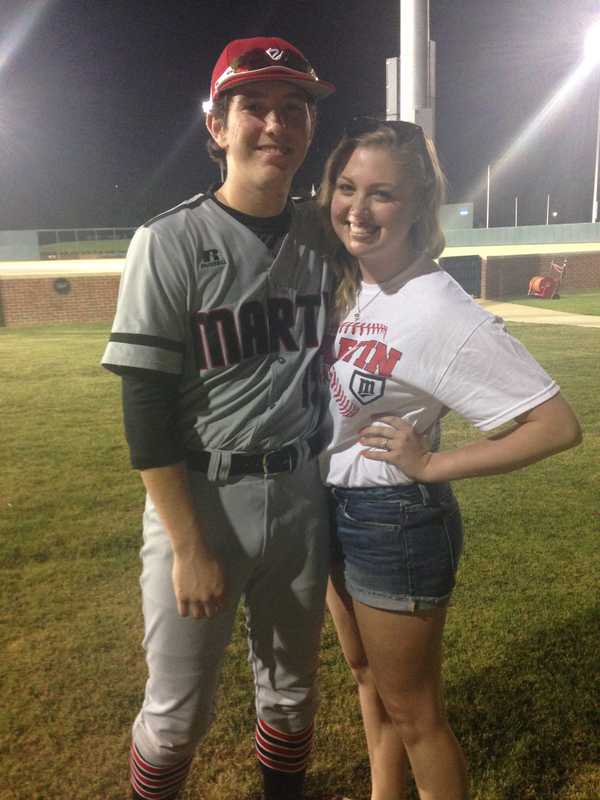Poetry, much like a porcupine, is rather intimidating. While a porcupine wards off those who might get too close with its barbs, poetry has only words, words which seem to do the job of scaring off potential readers. Most people would give both porcupines and poetry a wide berth, but the distance which can only be called common sense in the case of porcupines becomes almost tragic when applied to poetry. This is because, although they seem similar in the eyes of the general populace, poetry is nothing like a porcupine. One is supposed to get close to a poem, right into the thicket of words that composes one, and it isn't supposed to hurt. The words are crafted, hand chosen, to stick with an audience, not to stick in the audience (much unlike the quills of an ornery porcupine disturbed by a hiker). In high school, hopefully, most students come in contact with at least one poem, whether it be Dickinson, Whitman, Cummings, Hughes, etc, etc; but the kind of contact that they make with the poem leaves them sore all over and ready to swear off the stuff. The poem, presented in high school as a reading assignment or a prompt is like a bramble brush, and who would want to trouble through all the thorns of academia? Who wouldn't take the scars as an experience to hold on to for the rest of his/her life? “Stay back from poetry!” The underlying, unconscious, anthem of all high school literature courses, and the worst part is, it isn't the teacher's fault.
When I was in high school, my literature classes, by design of the curriculum, fell along the same timeline as my history courses. We started early in American history, and then worked our way forward so that we'd have to images of early American culture: facts and figures as well as words. I always appreciated the words more, until we touched on Romantic poetry. For those of you confused about why I wouldn't like "love poetry", you are confusing “romantic” for “Romantic”. There is a big difference, and like any reasonable ninth graders, I hated it. I also hated the Transcendentalists. I hated everyone to be honest. Poetry wasn't just a bramble bush. It was the forest of thorns around Sleeping Beauty's castle. It was torture through 1,000 cuts. My teacher wanted us to reach deep inside the poems, to decipher exactly what each word was chosen for, what the works could be referring to in terms of politics and real world facts. She wanted us to unpack every punctuation mark, every line break, and by the time it was all over, I swore off of poetry... Until I started writing it.
I suppose what saved poetry was my school's literary club. They met Thursday afternoons in a classroom on the second floor of my school, and it took me half a year to build up the heart to go to a meeting. The room was full of upperclassmen, glamorous with their detailing, their turns of phrase and one of them read a poem by Ezra Pound:
The apparition of these faces in the crowd
Petals on a wet, black, bough.
It blew me away. I saw it so clearly, the faces, each one lovely and building on the others around it until a flower of human life formed, like the flowers of a cherry blossom tree after rain. I thought of raising my hand during the discussion of it to ask, “Guys, does this count? Is this too poetry?” I was back there the next week, and the next one after it, and then on the third week, I arrived at the meeting with my own poem printed out and ready for discussion. What poetry became in that small classroom was infinitely more enjoyable, more accessible, than it had been when we were reviewing Emerson or Thoreau, and thanks to that, I could love it. By the time I was a senior in high school, my favorite poet was Adrienne Rich and my favorite poem was “The Love Song of J. Alfred Prufrock” by T.S. Eliot. But why all the talk of poetry?
Yesterday, I attended the Dodge Poetry Festival in Newark, New Jersey. I was lucky enough to listen to professional poets speak and read. I was given the opportunity to ask them questions about writing poetry, and then I got to hear them talk about poetry, not just theirs, but poetry by other poets, by students, by their peers, by their predecessors. It was a beautiful experience and made me think more about why so many people refuse to even approach poetry. Is it because we are force-fed Shakespeare who, even though he is a great poet and playwright, is not the sort of voice that speaks to our youth? I mean what high school student would be moved by, “ Why is my verse so barren of new pride, / So far from variation or quick change?” (Sonnet LXXVI). We live in an age where Elizabethan sonnets and Romantic verse has aged past its prime. Poetry has changed. The voices have modernized, and so should the poetry we are exposed to.
There is no doubt in my mind that if everyone loved poetry and attempted to write it, if everyone, or at least almost everyone, was mindful in the way poetry forces one to be, then we'd have a much more empathetic populace. To reach that point, though, we need to reconstruct the understanding people have of poetry. People need to know that poetry can be simple like “Because You Asked About The Line Between Prose and Poetry” by Howard Nemerov or “Late Blues” by Kevin Young. It can, and often is, hilarious like “Pluto Shits on the Universe” by Fatimah Asghar. It can be subtle and profound like “Fire Burning in a Fifty Gallon Drum” by Jared Carter. Next time you'll notice them , he says, speaking of the homeless figures huddled around an oil drum fire in his poem. Next time you'll notice them , he declares, and after the poem, next time you will notice them.





















